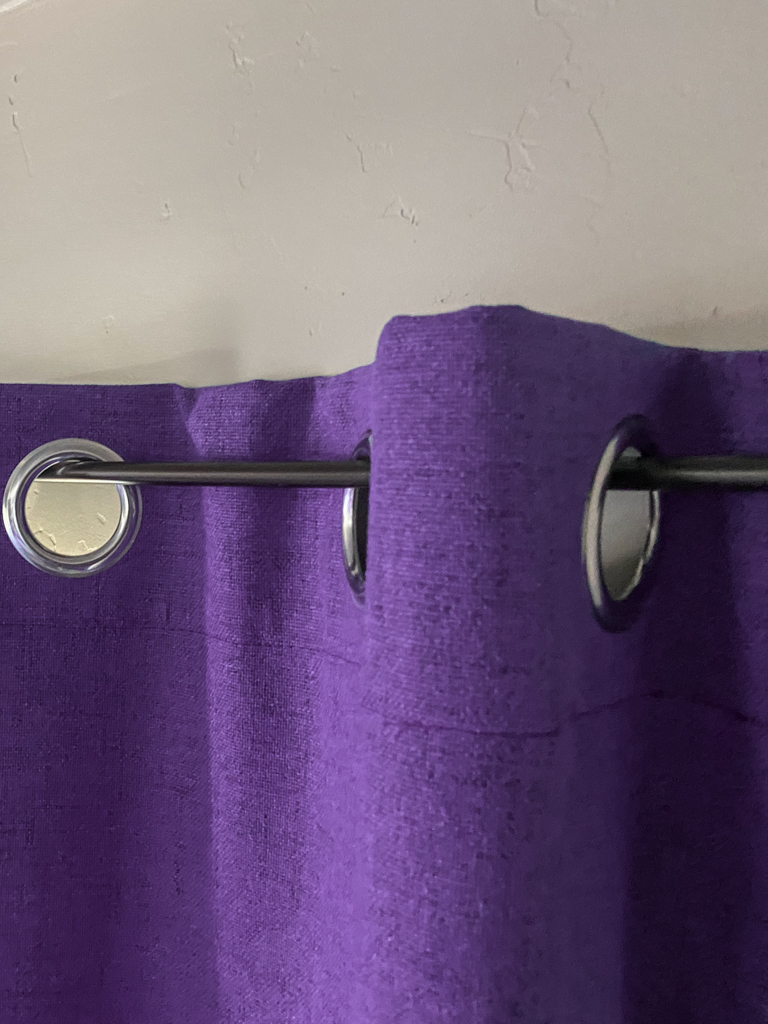The responsibility for curtains in a rental is usually determined by the lease agreement. If the lease agreement does not specify who is responsible for curtains, then it is usually up to the tenant to take care of them.
If you are renting a property and you want to know who is responsible for curtains, then you should check your lease agreement. If there is no mention of curtains in your lease agreement, then it’s up to you to take care of them.
Table Of Contents
What are the Different Types of Rental Agreements?
A rental agreement is a contract between the landlord and tenant. It sets out the terms of the tenancy, including the amount of rent, when it should be paid, and what happens if either party breaks their obligations.
There are three types of rental agreements:
– A lease agreement is a long-term rental agreement that lasts for more than one year.
– A tenancy agreement is a short-term rental agreement that lasts for less than one year.
– A sublease agreement is an arrangement where someone rents out their property to another person who then rents it out to someone else.
What are the Legal Requirements for Curtains in a Rental?

The law is not clear on who is responsible for the curtains in a rental. The landlord may be responsible for the curtains if they are part of the lease agreement. If they are not, then it is up to the tenant to take care of them.
Who is Responsible for Curtains in a Rental Agreement?
The tenant is responsible for the curtains in a rental agreement. The landlord is not responsible for the curtains in a rental agreement.
The Importance of Understanding Who is Responsible for Curtains in a Rental Agreement
The Importance of Understanding Who is Responsible for Curtains in a Rental Agreement
In the event that you are renting an apartment, it is important to understand who is responsible for curtains. This will help you avoid any confusion or conflict with your landlord.
If the landlord provides the curtains, then they are responsible for taking care of them. If they do not provide them, then it is up to the tenant to take care of them.